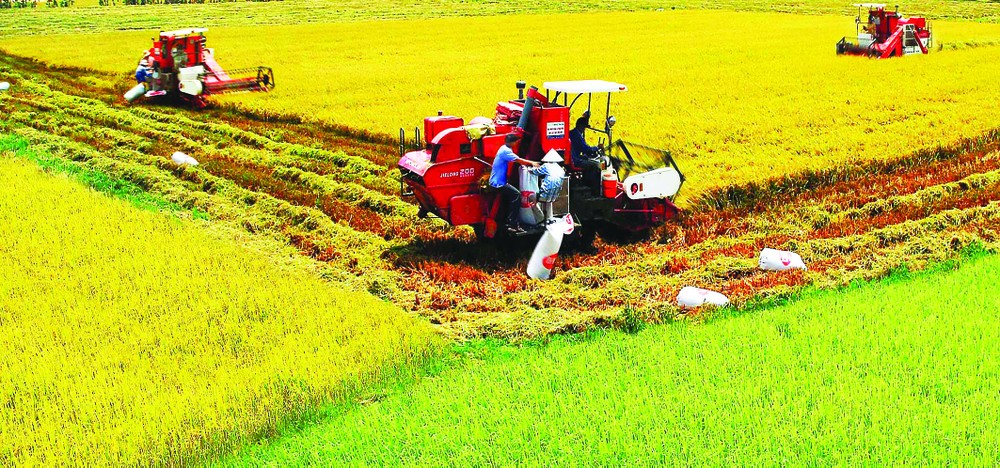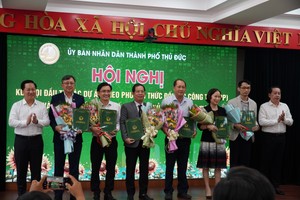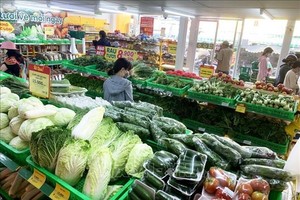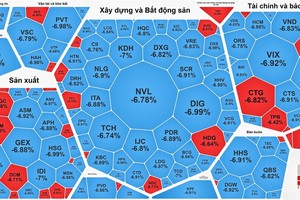
The Government then promulgated Resolution 120/NQ-CP in November, 2017 following the conference on sustainable development in the region in adaptation to climate change.
The Mekong Delta comprises Can Tho City and 12 provinces, covering on an area of around 3.94 million hectares. The region is home to 17.5 million people , accounting for 20 percent of the total population of the country. It is Vietnam’s largest agricultural production area and one of Southeast Asia's biggest exporters of agricultural products.
The region has gained remarkable achievements in the socio-economic development. However, Vietnam is considered as one of the countries most affected by climate change, its Mekong Delta is one of the world's four most vulnerable deltas to effect of the sea level rising.
The region is facing challenges due to the impact of climate change, extreme weather, the effects of rising sea levels and hydropower plants on the Mekong River.
The resolution 120/NQ-CP launched comprehensive for the entire region, such as establishing ecological sub-regions for agriculture as economic development and infrastructure construction, developing the cities and rural residential areas of the region adapting the climate change and ecosystems.
According to chairman of the People's Committee of Dong Thap province Le Minh Hoan, the State, businesses and people must join hands in coping with climate change, developing model for smart agriculture, strengthening infrastructure connectivity within the sub-region, fostering economic development and cooperation in the region; establishing regional-level associations of various industries, giving priority to allocate financial resources for the region.
Chairman of the People's Committee of Soc Trang province Tran Van Chuyen said the province focused on enhancing information with probability forecasts, launching solutions to prevent and correct landslides, protecting water resources. However, the goverment should give priorities to allocate to localities and launch advantages to atract investors, Chuyen added.
Meanwhile dealing with complexity of climate change and conflict between the socio-economic development and environmental protection are biggest problems in Can Tho City, said Chairman of the municipla People's Committee Vo Thanh Thong. Can Tho has been chosen as one of the 100 Resilient Cities (100 RC), a program of the Rockefeller Foundation.
Secretary of Hau Giang province's Party Committee Lu Van Hung aggreed on resolution to regard rice and fruit cultivation and aquaculture in the Mekong Delta saying that relevant ministries, departments and locallities must join hands to complete the target of setting up master plan for sustainable development in the Mekong Delta while adapting to climate change.
|
The resolution sets a vision by 2100, the Mekong Delta will sustainably, safely and prosperously develop on the foundation of high-quality agriculture in combination with services, ecological tourism, and industry, especially processing industry, which will help increase the value and competitiveness of agricultural products.
The infrastructure system of the delta will be carefully planned.
To reach the goal, by 2050, the Mekong Delta will become a region which has moderately good development and a modern social organization level. At that time, income per capita of the delta will be higher than the national average; the proportion of ecological agriculture and high-quality applied agriculture will reach 80 per cent.
(Source: VNA)
|
























